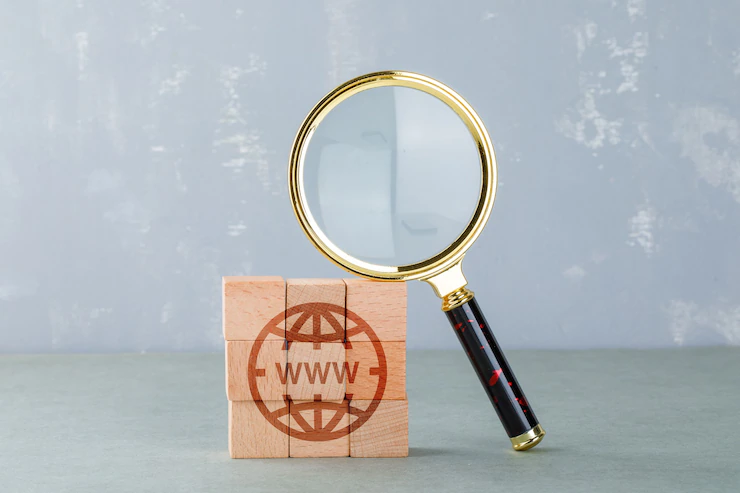All About URL Encoding and Decoding

If you manage a website, you’re likely to deal with URL decoding and encoding at some point. This is the right platform for those who haven’t heard of these or just heard about them for the first time and want more information. Just in case you want to easily decode or encode a URL, you can leverage a free online URL Decode Tool.
We will discuss URLs, URL decoding, and why they are so important in this article. So, if you want to clear your concepts about URL Encoding and Decoding, go through this article deeply but before we talk about URL encoding and decoding, let’s get familiar with URLs.
Let’s dive in!
What Is A URL?
URLs (Uniform Resource Locators) are addresses used by web browsers to access internet resources. In most cases, the URL will lead to a site’s page. It is possible, however, that it will lead to a document (such as a pdf file).
It was Tim Berners-Lee who developed the URL structure for the World Wide Web. In addition, there is a generic syntax that looks like this:
scheme:{//{user:password@}host{:port}}path{?query}{#fragment}
The URL syntax has several deprecated aspects that are rarely used due to security concerns. {user: password} aspect is a great example. A hacker could gain access to non-approved systems if this was sent without any protection.
You might see the following URLs:
https://example.com/page-1
This URL uses the HTTP scheme. There is an element called page-1 on example.com, and its host is example.com.
What Is URL Decoding?
A URL decoding process is the opposite of URL encoding. A URL is encoded when it contains unacceptably formatted characters. By decoding that URL, it becomes human-readable again.
A URL can be checked for errors by using this method. for example, it is possible to accidentally place a # within a URL. By decoding URLs, humans can read them easily. You can use the URL Decode Tool online to make them human-readable. To decode an encoded URL, simply enter it in the box and click the button.
How to Properly Encode a URL?
When it comes to encoding URLs, mistakes can be made with the coding. Let’s say that the URL example.com/a+b/c requires encoding. In this URL, the plus sign between a and b is not understandable for the browser so it should be encoded into %2B (as + is encoded into %2F ).
Let’s have another example to understand more about URL Encoding.
Example
The URL is as follows:
example.com/questions/what-is-the-question?
should come out as:
example.com/questions/what-is-the-question%3F
- In this example, the above URL contains ?. This is also one of the reserved characters that should be encoded into %3F as per the rule of encoding URLs.
If you want to encode the URL properly, firstly, it is important to know the table of reserved characters with their encoded URLs. If you know what it represents then encoding the URL is a piece of cake for you.
Furthermore, If you need help encoding URLs, you can use the URL Decode Tool online. All paths of the URL will need to be entered separately, however, it will provide you with the correct code.
Why Is URL Encoding Important?
It is imperative to understand URL encoding when there are errors within your URLs. You may have non-standardized characters in the URL structure that you will need to encode to be accepted. The situation may arise when you have a question down a page and want to link to that section. You can’t have the ‘?’ in the URL structure because it is a reserved character, so you have to encode it.
Here is the original URL you might want:
https://example.com/questions#what-is-the-question? But in encoding, it would be changed to:
https://example.com/questions#what-is-the-question%3F
On the next page, the visitor will be taken to the domain example.com and the section of the page entitled ‘What is the question?’
Conclusion
In URL encoding, characters that are difficult to use for various reasons are converted to standard code. By doing this, errors are prevented in retrieving resources from a server and sites can be rendered correctly on a web browser. On the other hand, decoding is the opposite. If you wish to decode the URL, you can use a free online URL decode Tool.
Also Check Interesting Articles At: Sahil Popli.